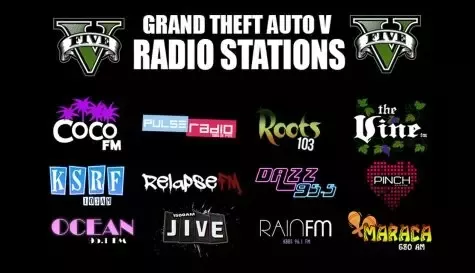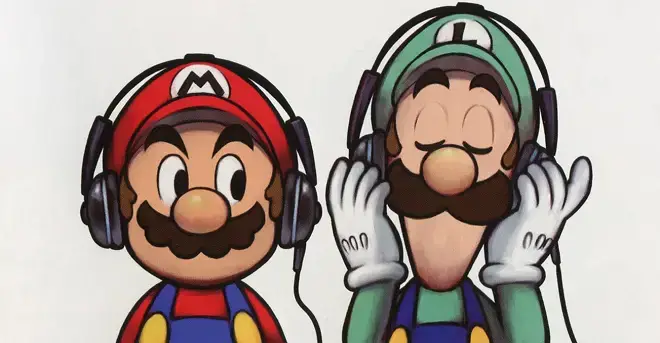In the immersive world of video games, game music composition serves as the heartbeat that pulses through the player’s experience, setting the tone, stirring emotions, and enhancing the overall gameplay. Game music composition is a dynamic and integral aspect of game development stages, enriching the virtual worlds with memorable melodies and atmospheres. From the epic scores of action-packed adventures to the tranquil tunes of serene landscapes, game music composers play a pivotal role in crafting these auditory masterpieces. In this exploration of the art and craft of game music composition, we delve into what it means to be a video game music composer, how to get started in this creative field, the essential tools at a composer’s disposal, and the unique differences between composing for video games and other visual media. So, let’s embark on a melodic journey into the realm of game music composition and discover the secrets behind those captivating soundscapes.
What is Game Music Composition?
Game music composition, often referred to as composing music for video games, is the art of creating original musical scores and soundtracks specifically tailored to enhance the gaming experience. It involves crafting music that harmonizes with the game’s narrative, gameplay dynamics, and atmosphere, effectively becoming an integral part of the player’s interaction with the virtual world.
Game music composition is a dynamic blend of artistic expression and technical mastery, where composers immerse themselves in the interactive nature of video games to deliver aural experiences that captivate players and immerse them in the game’s universe.
What Does a Video Game Music Composer Do?
A video game music composer, at the heart of music composition for games, serves as the creative force responsible for translating the essence of a game into melodies, rhythms, and soundscapes. These composers, often immersed in music composition games, work closely with game developers and designers to understand the project’s objectives, from setting the mood to intensifying action sequences.
They create a musical framework that adapts to the player’s progression, seamlessly transitioning between different themes and intensities. In the process of composing music for video games, composers often employ a vast array of instruments, from orchestral and electronic to experimental, to craft a unique auditory experience that amplifies the emotional depth of the game.


How to Start Composing Video Game Music
Beginning a journey in game music composition requires a fusion of creative passion and technical skill. To embark on your path to composing music for video games, consider these essential steps. Start by immersing yourself in the world of game music composition, studying compositions from iconic video games and analyzing how music enhances gameplay.
Acquire the necessary tools for your music composition games, which often include digital audio workstations (DAWs), virtual instruments, and sound libraries. Connect with the gaming industry by attending game development events, networking with developers, and building a portfolio. As you delve into the world of game music composition, you’ll find that it’s not just about creating melodies; it’s about crafting emotions, weaving stories, and adding a layer of enchantment to the immersive experience of video games.
The Tools You Need to Create Video Game Music
In the realm of game music composition, having the right tools is fundamental to bringing your musical visions to life. Composing music for video games requires a well-equipped musical arsenal, and you’ll find yourself immersed in the world of music composition in games. A digital audio workstation (DAW) stands as the central hub for your creative endeavours, where you’ll craft melodies, arrange compositions, and manipulate soundscapes.
It’s within this virtual studio that you’ll explore an array of software instruments, including synthesizers, samplers, and sound libraries, each serving as essential components in your journey of music composition for video games. By mastering these tools, you’ll be empowered to evoke the emotions and atmospheres that enhance the gaming experience, all while capturing the essence of the interactive medium.
Which Game Engine Do You Use to Compose Game Music?
When diving into the world of game music composition, it’s essential to be aware that the choice of the game engine can significantly influence your creative process. Game engines, in the context of composing music for video games, serve as interactive frameworks for developers to build their games. Music composition games and their integration into game engines entail synchronizing music with gameplay dynamics. Often, game engines provide audio middleware tools, such as FMOD Studio or Wwise, which allow composers to create adaptive and responsive soundtracks that seamlessly align with in-game events.
The choice of game engine will impact the implementation and functionality of your music compositions within the game world. Whether you’re composing music for an RPG, action-adventure, or puzzle game, understanding the game engine’s capabilities is pivotal in bringing your music to life within the interactive medium.


What’s the Difference Between Composing for Video Games and Visual Media?
While music composition for video games shares commonalities with composing for visual media, such as film or television, there are distinctive differences that set these two domains apart. In the realm of game music composition, the music is inherently interactive and must adapt to the player’s actions and choices, immersing them in the gameplay experience. Unlike linear visual media, where the composer’s narrative cues are synchronized with specific scenes, game music composition is non-linear, driven by player-driven events.
This dynamic nature challenges composers to create adaptable music that seamlessly transitions between various states of intensity and emotion. It’s this interactivity that defines music composition for video games, making it an immersive art form where composers not only craft melodies but also compose experiences tailored to the player’s choices and actions, adding a unique layer of enchantment to the interactive medium.
Final Thought
In the realm of game music composition, the fusion of music and interactive gameplay opens up a world of creative possibilities. As a video game music composer, you navigate the dynamic landscape of music composition for video games, harnessing the tools and technology available to craft captivating soundscapes. This role demands a unique understanding of the interplay between music and gameplay as you create adaptive and responsive soundtracks that enhance the gaming experience.
Composing music for video games offers a distinctive challenge, setting it apart from traditional visual media, as it requires you to align your compositions with the ever-changing dynamics of gameplay. Ultimately, the role of a video game music composer is to become a storyteller through melodies, harmonies, and rhythms, elevating the gaming experience and immersing players in the worlds you help create. Embrace the challenges, master the tools, and let your compositions breathe life into the diverse and captivating universe of video games.


